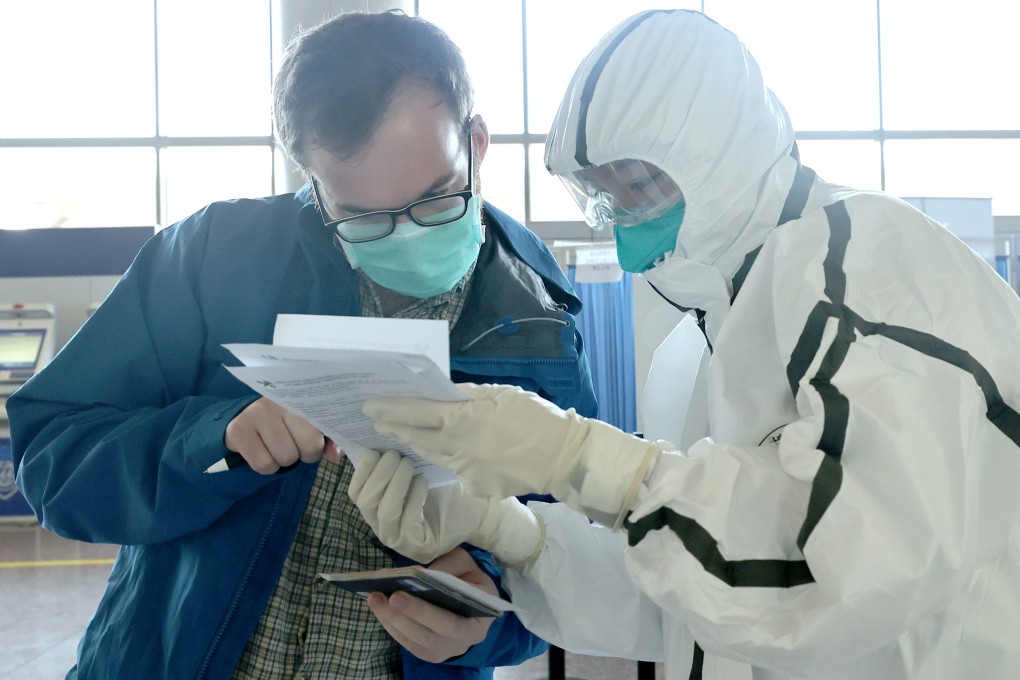Coronavirus: Chinese capital says all international visitors must agree to 14-day self-quarantine
- Owner of Beijing-based tour company fears for business, saying ‘Everyone is scared. No one knows how long it is going to last’
- President of the European Union Chamber of Commerce in China says measures amount to a ‘de facto travel ban’

The latest measures, which were to take effect at midnight on Wednesday, replaced a ruling that said only individuals arriving from countries severely affected by the contagion had to agree to quarantine.
Short-stay travellers must lodge in designated hotels and will not be allowed to leave without first being tested for infection, Zhang Qiang, deputy director of the city’s office on prevention and control of the disease said. Zhang did not say how many days a short stay involved.
On Wednesday, China announced 24 new confirmed cases of the coronavirus which causes the disease. Ten were came from overseas, including six in the capital – five from Italy and one from the United States.
The new cases took the total in China to 80,778, while the death toll rose by 22 to 3,158.